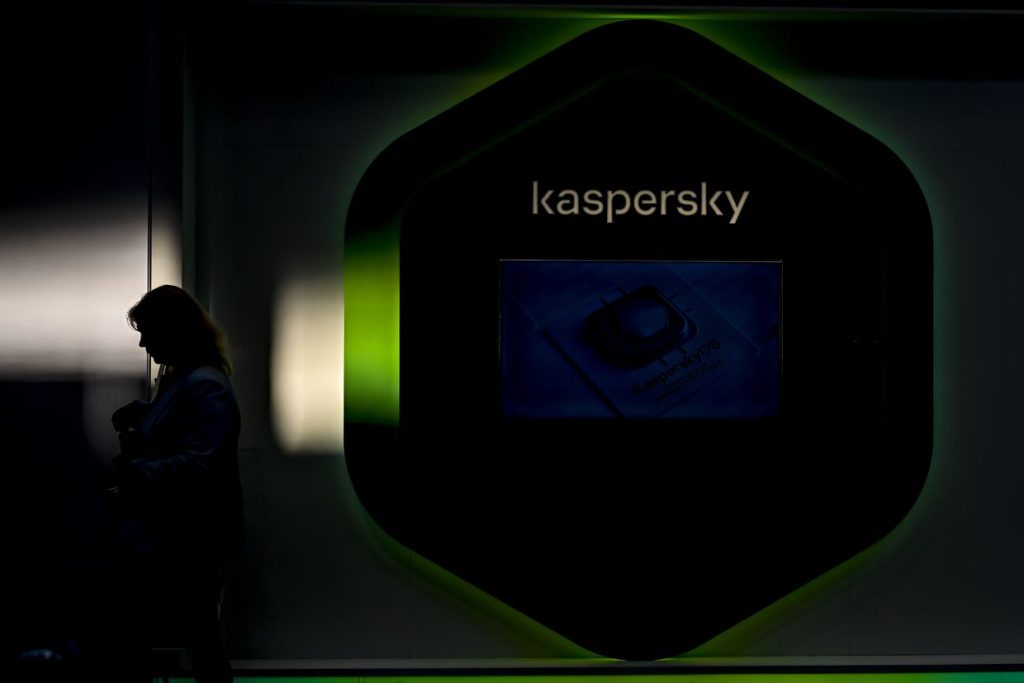The U.S. Department of Commerce announced a ban on Kaspersky antivirus software on June 21, citing national security concerns due to the company’s links with Russia. The ban prohibits Kaspersky from selling its software in the U.S. and providing updates to existing software. The decision was made following a thorough investigation that found the company’s operations in the U.S. posed a national security risk. The ban is set to go into effect on September 29, 2024, and users are encouraged to find alternative cybersecurity solutions. This move comes in the context of heightened tensions between the U.S. and Russia, with the U.S. imposing sanctions on Russian entities and sectors in response to various issues.
In the wake of the ban on Kaspersky, concerns about cybersecurity and potential threats from foreign entities have come to the forefront. The U.S. government’s decision to cut ties with the Russian-linked company reflects a broader effort to safeguard national security interests and prevent the use of cybersecurity tools for malicious purposes. Kaspersky, a major player in the cybersecurity industry, is known for its antivirus software used by businesses and consumers worldwide. The ban represents a significant development in the ongoing debate surrounding the risks posed by foreign technology companies and their potential ties to governments with adversarial relationships.
The ban on Kaspersky antivirus software also raises questions about the future of cybersecurity and the measures needed to protect against cyber threats. As technology continues to advance and cyber attacks become more sophisticated, the need for robust cybersecurity solutions has never been greater. The ban serves as a reminder of the complex challenges facing governments, businesses, and individuals in the digital age. It underscores the importance of cybersecurity measures that prioritize national security and safeguard sensitive information from potential breaches and cyber espionage.
The U.S. government’s decision to ban Kaspersky antivirus software underscores the importance of transparency and accountability in the cybersecurity industry. The concerns raised about the company’s links to Russia and its potential for data theft highlight the need for greater scrutiny of technology companies and their relationships with foreign governments. As the digital landscape evolves and cyber threats become more prevalent, regulatory measures and oversight mechanisms are essential to ensure the integrity of cybersecurity products and services. The ban on Kaspersky serves as a cautionary tale about the risks associated with relying on foreign technology companies for critical cybersecurity functions.
In response to the ban on Kaspersky, users are encouraged to seek alternative cybersecurity solutions to protect their data and information. The Department of Commerce emphasized that users will not face penalties for continuing to use Kaspersky software, but they are strongly advised to find suitable alternatives. This highlights the importance of proactive cybersecurity measures and staying informed about potential threats and vulnerabilities. By taking steps to enhance cybersecurity practices and invest in reliable security tools, individuals and organizations can mitigate the risks of cyber attacks and protect their digital assets from unauthorized access and exploitation.
As the ban on Kaspersky antivirus software takes effect, it serves as a reminder of the ongoing challenges in the cybersecurity landscape and the need for collective efforts to address cyber threats. The decision reflects broader geopolitical tensions and the growing awareness of the risks associated with foreign technology companies. Moving forward, stakeholders in the cybersecurity industry must remain vigilant and proactive in safeguarding critical systems and data from malicious actors. By promoting transparency, accountability, and innovation in cybersecurity practices, governments, businesses, and individuals can strengthen their defenses against cyber attacks and ensure a more secure digital future.


